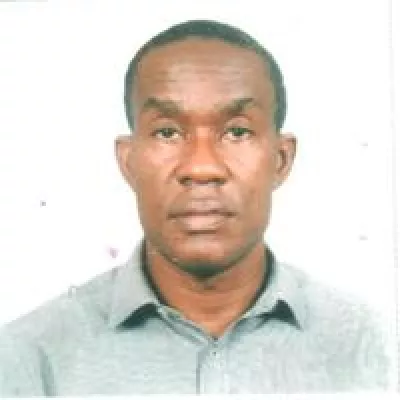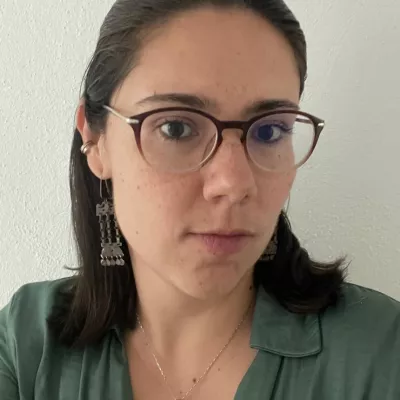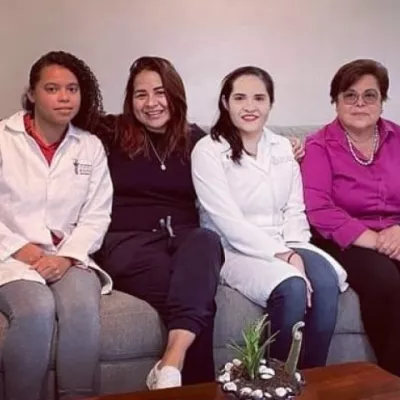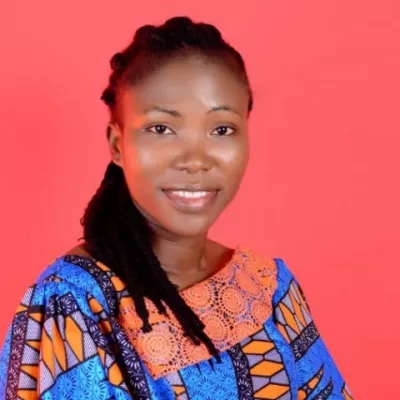
Project description
Project Overview:
This project addresses a critical gap in modern pediatric healthcare: integrating microbiome science into clinical practice. At Vietnam National Children's Hospital, we recognize that the microbiome profoundly influences health outcomes, particularly during early life development. However, many pediatric healthcare providers lack a comprehensive understanding of applying this emerging science in their daily practice. We propose a transformative educational initiative that bridges cutting-edge microbiome research with practical clinical applications. Our team, comprising experts in pediatric gastroenterology, microbiome research, and medical education, will develop an innovative platform focused on the crucial period from pregnancy through early childhood – when microbiome establishment significantly impacts lifelong health trajectories.
This award represents a catalyst for transforming pediatric care in Vietnam, ultimately benefiting countless children through improved healthcare practices based on advanced microbiome science.
3 Questions to Dr. Thuy Ha Dang
What is the relationship between your project and Microbiota?
The microbiome forms the foundation of our project's educational framework. We focus on the maternal-infant microbiome axis, recognizing its fundamental role in early-life development. Recent research demonstrates that microbiome influence extends beyond digestive health, significantly impacting immune system development, metabolic programming, and neurodevelopment. Our project aims to transform pediatric care from traditional symptom-based approaches to comprehensive, microbiome-aware practices that consider the long-term implications of early-life interventions.
How can your project increase awareness of microbiota among pediatric healthcare providers in Vietnam?
We have designed a comprehensive educational approach that includes: - Advanced workshops led by international microbiome science experts - An interactive e-learning platform featuring evidence-based case studies - Vietnam-specific clinical guidelines adapted for local healthcare contexts This integrated approach will create a sustainable ecosystem of knowledge sharing among Vietnamese pediatric healthcare providers, fostering continuous learning and practical application of microbiome science.
How will the Henri Boulard Award help your team perform your project?
The Henri Boulard Award will serve as a cornerstone for our initiative by enabling: - Development of high-quality, culturally-relevant educational materials - Implementation of a state-of-the-art e-learning platform - Organization of workshops featuring microbiome experts Beyond financial support, this prestigious award will facilitate crucial partnerships with international institutions, positioning Vietnam as a contributor to global microbiome research and education. It represents a catalyst for transforming pediatric care in Vietnam, ultimately benefiting countless children through improved healthcare practices based on advanced microbiome science.

Dr. Thuy Ha Dang talking about her winning project
Henri Boulard Award's winning projects

Restoring Gut Health in Nigeria’s vulnerable children: The power of Ogi as a probiotic solution

Metagenomic approach to monitoring pathogens and antibiotic resistance genes in public wastewater system in Mexico

Denormalizing Metronidazole use as first line treatment of acute Diarrhea in Nigeria

Towards eradicating water-borne gut diseases in Nigeria; development of cheap nanosized rice husk-based zeolite water filtration candles for common household usage


Gut microbiome dysbiosis in Hirschsprung-associated enterocolitis in Vietnamese children


Validation of a screening questionnaire designed to evaluate the gut dysbiosis risk and its relationship with the gut ecosystem of Mexican children


Curbing the menace of rotavirus disease in Agbor community and raising awareness on the need for early childhood vaccination


Vaginal microbiota and Cameroonian women's health: mapping and increased awareness


To set up a reproductive health facility to address safe contraception methods and the myths behind the use of Ampiclox Capsule as female contraceptive in Nigeria


Waster-based epidemiology linking the microbiome profile of virus, fungi and bacteria for prediction of COVID-19 pandemic in Thailand as an epidemiological surveillance tool

